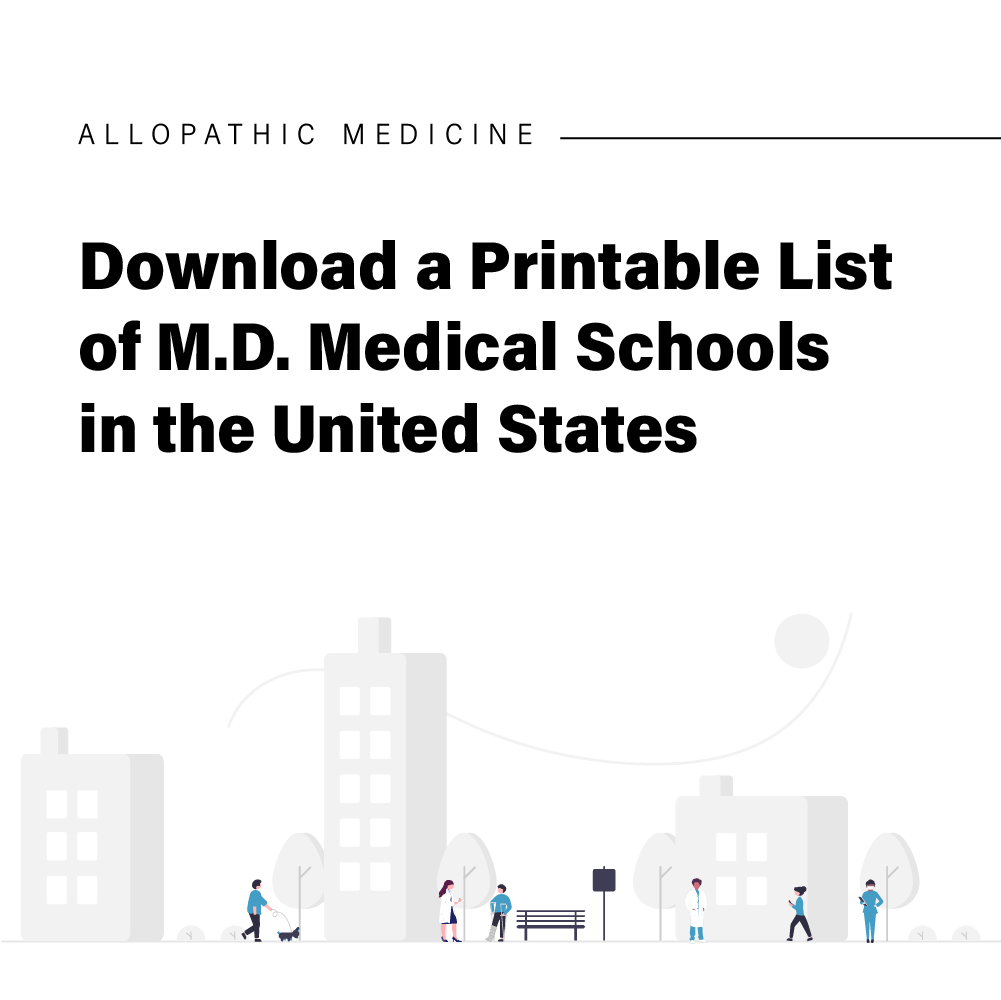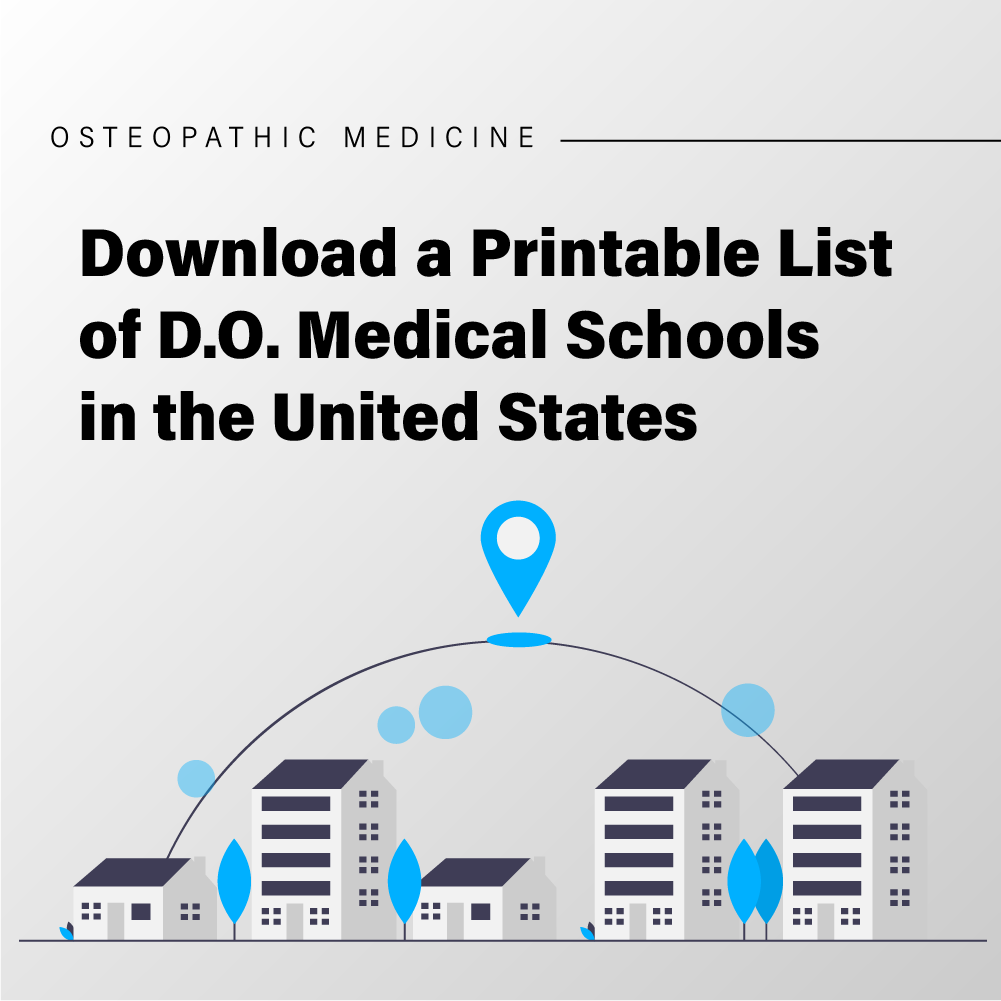The medical school adversity essay is almost a guaranteed essay prompt on your medical school secondary applications. In this essay, schools will ask you to write about an experience that challenged you. Prompts may resemble the following:
- During your career as a physician, you will potentially encounter many obstacles and be required to overcome many challenges. Resilience is a prerequisite for success in medical school and beyond. Describe your experience with a situation that had an unfavorable outcome. How did you react, and how might you have responded differently? What did you learn about yourself? (Kaiser Permanente Medical School).
- Please describe to the Admissions Committee a challenge or disappointment you have overcome and what you learned about yourself from that experience. (Irvine School of Medicine)
In this guide, we will teach you how to approach the adversity secondary essay on your medical school secondary applications.
But first, why do medical schools ask about hardship?
Medical school admissions committees ask you about your past hardships to gage how you operate through and respond to adversity. Essentially, they are analyzing your thought process during challenges and how you take steps towards resolving conflict in your life. Admissions committees will determine your level of maturity, communication, and resilience based on how you respond to moral and ethical dilemmas.
The adversity prompt will often be specific about whether you should write about a personal or professional experience. However, the prompt may also leave it open to your discretion. Since your primary application already dives into details of your academic experiences, the adversity essay is an excellent opportunity for you to share new and relevant experiences that demonstrate your ability to overcome obstacles and manage stressful situations outside the classroom.
Misconceptions about adversity essays for medical school
The belief that it’s a competition.
Medical schools are not fishing for tragic stories, nor looking for the students who have endured the direst situations. Adversity and hardship are not a competition. The essence of your essay will be how you overcame challenges that you had little to no control over. In the process of telling your story, describe how you regained control of the situation and took steps to conquer obstacles. Admissions committees want to gain insight into your thought process, resilience, and perseverance.
The belief that you have to explain poor grades or poor test scores.
Many students believe if they have poor grades on their transcript or they failed their first MCAT, they must explain the low score in their adversity essay. This is a misconception. Medical schools understand that undergraduate science classes are hard. They also understand the MCAT is hard. Therefore, no one is expecting you to have perfect grades and perfect scores across the board. If you have a dip in your grades or a poor MCAT score, you are not always expected to explain this. You definitely do not want to make up a hardship to explain poor scores either.
However, if you were experiencing a hardship that contributed to the low scores, the adversity essay is a good place to explain that hardship and how it impacted your academic performance.
The belief that you have nothing to write about.
Another common misconception students have is that they don’t have any significant hardships. As mentioned above, the adversity essay is not a competition. Therefore, it is perfectly fine not to have any extreme challenges.
If you have been through an extreme hardship, you will have an obvious topic to discuss. However, a significant difficult alone will not make your essay great. Your thoughtfulness and the way you handled your challenges will set you apart.
Example topics for your medical school admissions adversity essay
A hardship is any significant event that impacted your life or an event you had little to no control over. A couple of examples include:
- Academic challenges in your transition from high school to college
- A family crisis or loss
- Financial hardship
- Illness or injury
- Military deployment
- Natural disasters
- Job transfers
- Divorce
- Bullying
When brainstorming your adversity essay topics, remember that not all hardships immediately hinder your growth – some hardships are endured for years.
Above all, your hardship should be relatable.
How to outline your adversity essay
1. Briefly introduce your challenge objectively.
Begin your essay by explaining the situation that posed a challenge to you. While describing your challenge, make sure you are stating facts. This will show the reader you know how to be objective. Describing your challenge subjectively, however, could be misinterpreted as you seeking sympathy. For example: “My teacher gave me a talk about my poor performance in class” is objective, while “My teacher rolled her eyes and berated my performance in class” is subjective.
In the same vein, only use background information that contributes to the story. For example, the exact date or the city you lived in might not be relevant information for certain types of hardship stories.
2. Explain how you responded to the adversity.
Describe how you responded to the particular challenge. For instance, if you are writing about financial hardships, did you apply for scholarships or get a job? On the other hand, if you are writing about academic hardships, did you improve your study habits and/or humbly ask your classmates or professor for help?
Focus on your rationale and thought process while overcoming your hardship. Where you deem it appropriate, describe your feelings and allow the reader to be in your headspace. Illustrating your thought process is important because admissions committees want to know how you take steps toward resolving conflict. Therefore, the main purpose of your body paragraph(s) should be to give readers insight into your thought process and feelings while you navigated adversity.
Questions to consider:
- How did you feel?
- How did this event hinder your plans or alter the course of your life?
- What were your priorities?
- What was unfamiliar to you, and how did you seek out help?
- Who were the mentors that helped you through the process?
- If you are writing about a mistake you made, how did you respond to it?
- Did you experience any cognitive dissonance?
- How did you manage to surpass it?
3. Summarize the results of the outcome and the lessons you learned.
Share the details of how your specific hardship changed your perspective on a particular topic. During conflict-resolution, a person’s priorities often change. Did yours? If they did, explain to the readers how hindsight of the situation helped you move on to achieve a positive outcome. What did you learn about yourself and others? Demonstrating that you overcame hardship is the core of your essay. Make sure you take time to reflect.
End your story by telling your readers how you grew from the situation. Throughout your entire medical career, you will encounter moral and ethical dilemmas surrounding your professional and personal life. Be honest about any hard truths you had to face and whether or not you are still improving or growing. It’s okay if you are still managing a hurdle, managing grief, or sorting out a difficult situation as long as you explain what you are learning in the process.
What to avoid in your adversity essay.
1. Being dishonest.
Lying is the biggest mistake you can make. Remember that an essay about hardship is not a competition. You want to show that you are capable of managing pressure and tension when it’s least expected. There are many examples of hardship that will suffice for your medical school applications and there is no need to exaggerate or make something up. Remember that you still have interviews! Admissions committees will have the opportunity to ask you anything in person and will be able to determine your level of authenticity. Do not get caught in a lie.
If you are having trouble thinking of something to write, try to answer the following questions:
- Have I ever been caught off guard by a change of plans?
- What was one situation out of my control that I managed well or that I learned from?
- Was there a first-time experience that was particularly difficult for me? How did I overcome it?
- Have I ever made a mistake that turned into a valuable lesson for me?
2. Victimizing yourself.
Victimizing yourself will not make admissions committees favor you in any way. On the contrary, it may play against you. This does not mean that you must minimize your troubles at all. Instead, be thoughtful about the language you use and be mindful of the reader’s point of view when they are reading your essay.
3. Not ending on a good note.
Not all conflicts are resolved easily and not all challenges are conquered. It’s okay if things didn’t work out in your favor or if you are still dealing with hardship. If your life took an unexpected turn, refrain from complaining about it. In your conclusion, express yourself with maturity, gratitude, and with a positive perspective about how this hardship will shape you to be a dedicated and compassionate physician.
Further reading:
Medical School Secondary Applications: The Ultimate Guide 2023
Secondaries Fees List | Medical School Applications 2023
Med School Letters of Recommendation (LORs) | The Ultimate Guide 2023



